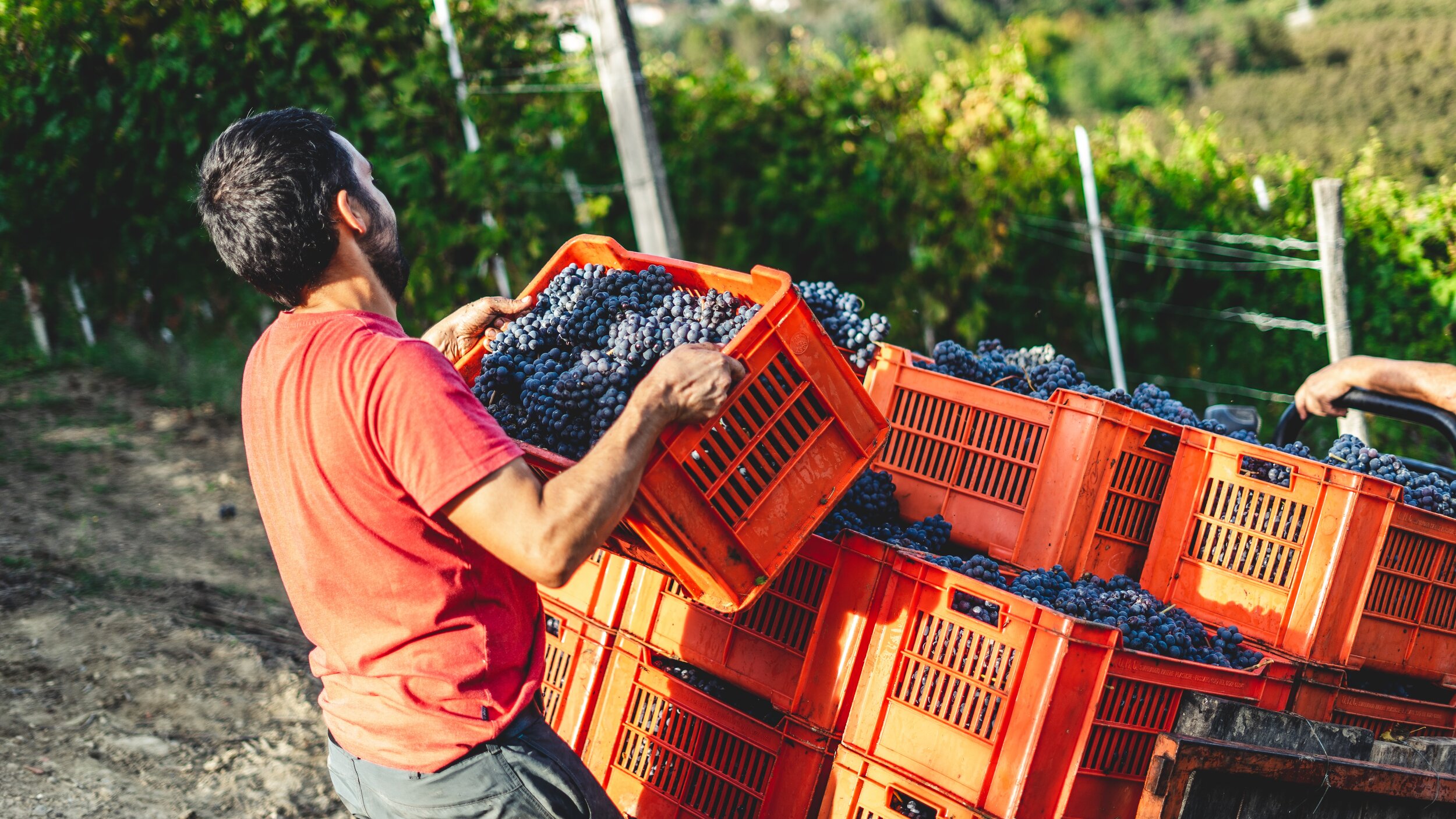
Mission Statement:
The mission of the Council on Food, Agricultural & Resource Economics (C-FARE) is to translate knowledge generated by agricultural and applied economics professionals into educational programming directed to policy-makers, Congressional staff, stakeholders, and leaders in the federal administration. In demonstrating the value of the profession to these groups, C-FARE increases public appreciation for research, extension, outreach, and academic programs in agricultural and applied economics.
October 2021: Market Corner
With growing concern about environmental protection and climate change, there is a drive to develop a circular economy. The circular economy is contrasted with the linear system that we have today where we apply various inputs to produce outputs and, in the process, generate residues that may cause harm. When policy-makers ignore the social cost of these residues and don’t establish incentives or standards to reduce them, we end up with problems like climate change where continuous use of fossil fuels results in greenhouse gases.
One of the most important challenges of agricultural research was to develop technologies that reduce residues. Many of these technologies increase the precision of agricultural systems. They include, for example, drip irrigation that increases the percentage of irrigated water or applied chemicals utilized by crops and thus reduces waste and run-off. Other precision technologies increase input use efficiency in pest control and animal agriculture. Better ability to monitor the performance of living organisms and modify it in a precise manner can increase production while reducing negative environmental side-effects. This is one of the advantages of modern genetic engineering, which is based on understanding and modifying molecular and cellular systems. The effectiveness of the recent Pfizer and Moderna is a testimony of the value of precise genetic engineering.
A major challenge of circular systems in recycling of residue materials and here increase knowledge of living systems and the ability of different organisms to utilize various chemicals to produce new products. With new technologies, we are likely to provide the foundations for biorefineries that will be able to utilize living organisms including plants and algae to produce food products as well as fuel and fine chemicals. Thus, expanding the value added of agricultural activities and enabling moving from a non-renewable to renewable economy, which will be circular.
Our policy challenge is to provide support for research and development that will lead to capabilities that will enhance the circular economy as well as policy incentives to adopt and utilize these new capabilities.
David Zilberman, C-FARE Board Member, University of California, Berkley











